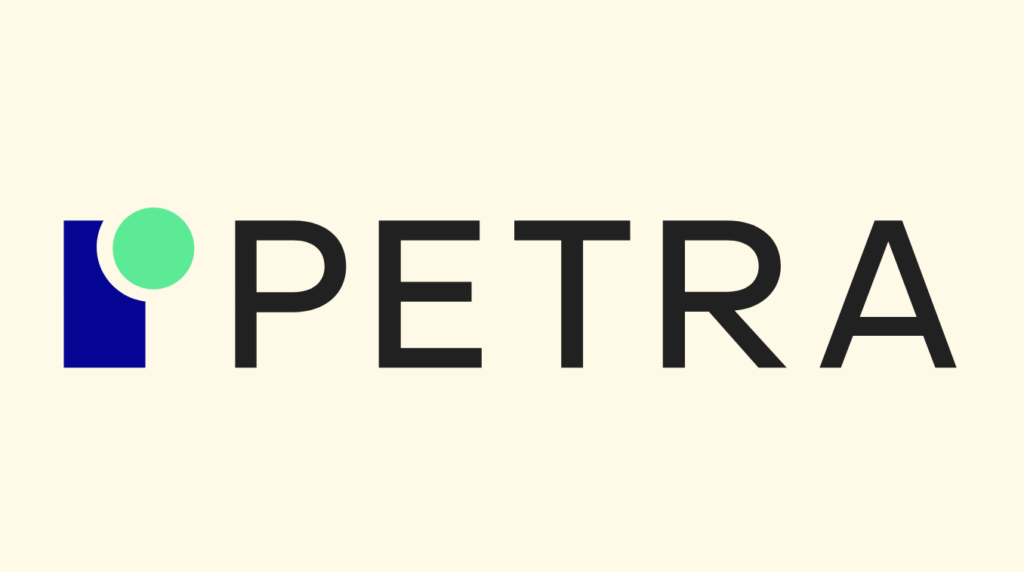The insurance landscape in the UAE is poised for profound transformation, driven by evolving electronic insurance regulations.
The insurance industry has undergone a remarkable transformation over the past few years. Historically mired in extensive paperwork and manual processes, it faced numerous inefficiencies and challenges.
However, the advent of digital technologies and new regulatory frameworks has begun to reshape the landscape. These developments have impacted insurers, brokers, and customers, forcing the industry to transform in the midst of a digital revolution.
Background (Pre-2021)
Historically, the insurance industry operated within a framework of extensive paperwork, manual processing, and face-to-face interactions. Regulations were traditional and not stringent, focusing on physical documentation and personal meetings. The market was characterised by slow processing times, a high potential for human error, and limited customer engagement. Insurers relied heavily on agents and brokers to reach customers, often resulting in high operational costs.
Significant issues plagued this era. The pre-2021 regulatory framework struggled with inefficiencies and a lack of technological integration. Insurers faced challenges in streamlining operations, leading to prolonged claim settlements and poor customer satisfaction. Furthermore, the rigid regulatory environment prevented insurers from adopting new technologies that could enhance service delivery.
However, a significant shift began in the UAE in the spring of 2020, when the first regulations for electronic insurance were introduced. This marked the beginning of a gradual transformation towards digitalisation, setting the stage for more comprehensive regulatory changes in the years that followed.
At this time, websites and digitally aimed aggregators such as Insurancemarket.ae and YallaCompare entered the market to provide quick quotes and policy issuance. Concurrently, insurance company portals were actively growing, and only a hint of integrated APIs was coming into the picture. The market was fresh and unregulated; however, the spirit of insurance law was always apparent.
Recent Changes (2021-2024)
The period from 2021 to 2024 has witnessed transformative changes in electronic insurance regulations in the UAE. The new laws established that, to be able to sell an insurance policy online the aggregator had to be officially linked with an insurance broker in an agreement and approved by the Central Bank of the UAE. Even approved insurance entities needed Central Bank approval to sell policies online. Major insurance players such as Sukoon Insurance and Dubai National Insurance ramped up their API integration efforts, prompting others to follow suit. Despite the emergence of insurtech players during this period, their integration was met with challenges due to partners not being up to date.
Technological advancements played a crucial role. Artificial intelligence (AI) and machine learning (ML) algorithms were integrated into underwriting and claims processing, enabling real-time data analysis and faster decision-making. Policy adjustments focused on consumer protection, data privacy, and cybersecurity to address the growing concerns around digital interactions.
“Success in the digital age hinges on balancing innovation with stringent security and transparency standards”
In the UAE, these advancements have been particularly significant as the nation aims to position itself as a leader in digital innovation within the financial sector. However, there was no rapid growth as insurance companies haven’t been up to the task of being ready to support digital infrastructure for brokers and clients. Moving forward, the framework for these regulations should be strengthened and streamlined for efficiency. Additionally, the inclusion of open finance in the future promises to enhance the financial ecosystem by fostering greater transparency, collaboration, and innovation among financial institutions, further supporting the growth of digital insurance services.
The impact on the market was significant. The insurance sector experienced some growth as digital platforms reduced operational costs and improved efficiency. However, competition intensified as new entrants, leveraging technology, challenged traditional insurers. Consumer behaviour shifted towards digital engagement, with more customers opting for online policy purchases and digital claim submissions.
Risk Factors
In the evolution of electronic insurance regulations, despite its benefits, new challenges emerge. Data security is crucial as digital processes handle vast sensitive information, increasing the risks of cyberattacks. Clients seek transparent, user-friendly insurance quotes to foster trust and satisfaction. However, investments in advanced tech and cybersecurity make compliance costs soar, straining smaller firms and possibly fragmenting the market.
To navigate these complexities, insurers must adopt robust data protection, brokers differentiate with unique services, and consumers stay informed of privacy rights. Success in the digital age hinges on balancing innovation with stringent security and transparency standards.

The Triumph of Regulatory Compliance
A pivotal case study highlighting the effects of these changes involves an arbitration case between a highly reputable local UAE broker and an aggregator. The central issue was the aggregator’s allegation that the broker was operating without proper licensing. However, the broker had diligently secured all necessary approvals from the insurance authority, ensuring full legal compliance. Despite the aggregator’s attempts to contest this in court, the arbitration outcome decisively favoured the local broker.
The ruling affirmed the critical importance of adhering to regulatory standards, reinforcing the protective measures for licensed entities, regardless of their size. The broker’s victory in this case underscored that smaller entities could successfully navigate and thrive amidst the digital transformation of the insurance industry. The experience serves as a testament to the potential for traditional brokers to compete effectively with digital disruptors while maintaining the highest standards of legal and ethical practices.
Future Outlook
Looking ahead, the insurance landscape in the UAE is poised for profound transformation, driven by evolving electronic insurance regulations. We foresee a shift towards adaptive frameworks that embrace cutting-edge technologies such as blockchain for smart contracts, AI-driven customer service, and IoT devices for real-time risk assessment. Stakeholders must boldly invest in technology and talent to harness these digital tools fully. Collaborations between traditional insurers and tech startups will ignite agility, aligning with the UAE’s vision to lead in digital innovation within the financial sector.
The integration of open finance principles will further amplify this transformation, promoting transparency, collaboration and innovation across financial institutions. As we embrace the digital age, proactive adaptation and strategic investments will be decisive in unlocking the full potential of this transformation. Together, policymakers, industry leaders, and consumers can forge a secure, efficient, and inclusive future for the UAE’s insurance sector, ensuring resilience and innovation in the years ahead.

RAMZI GHURANI
Managing Partner




